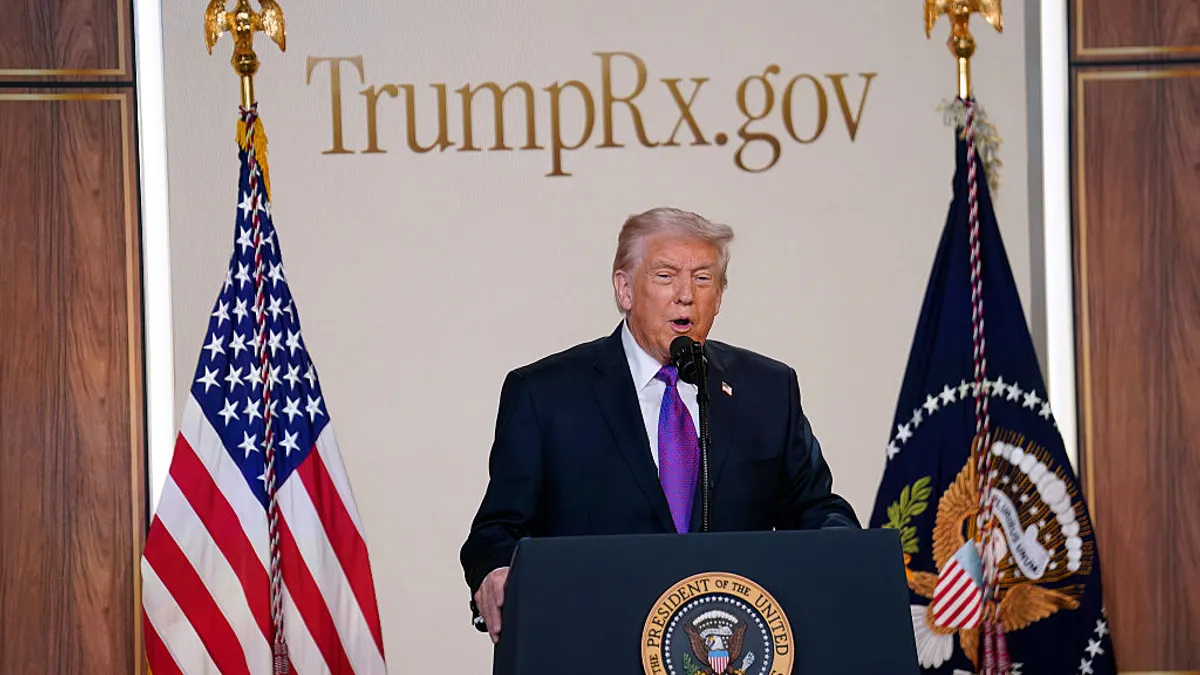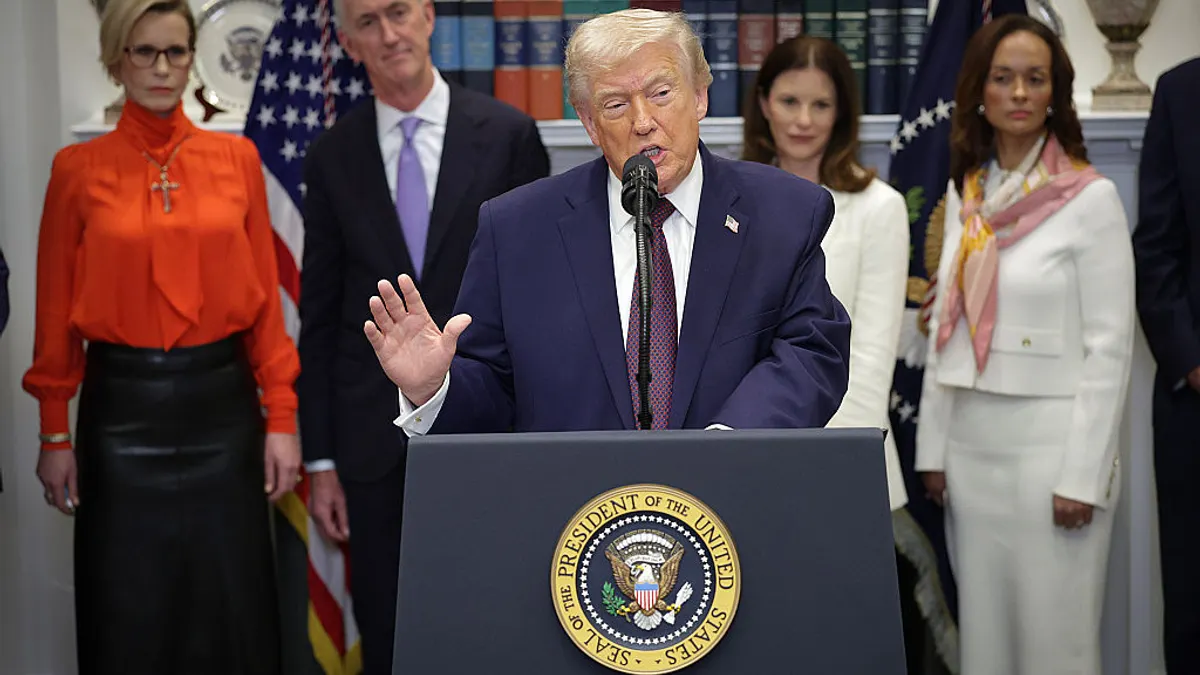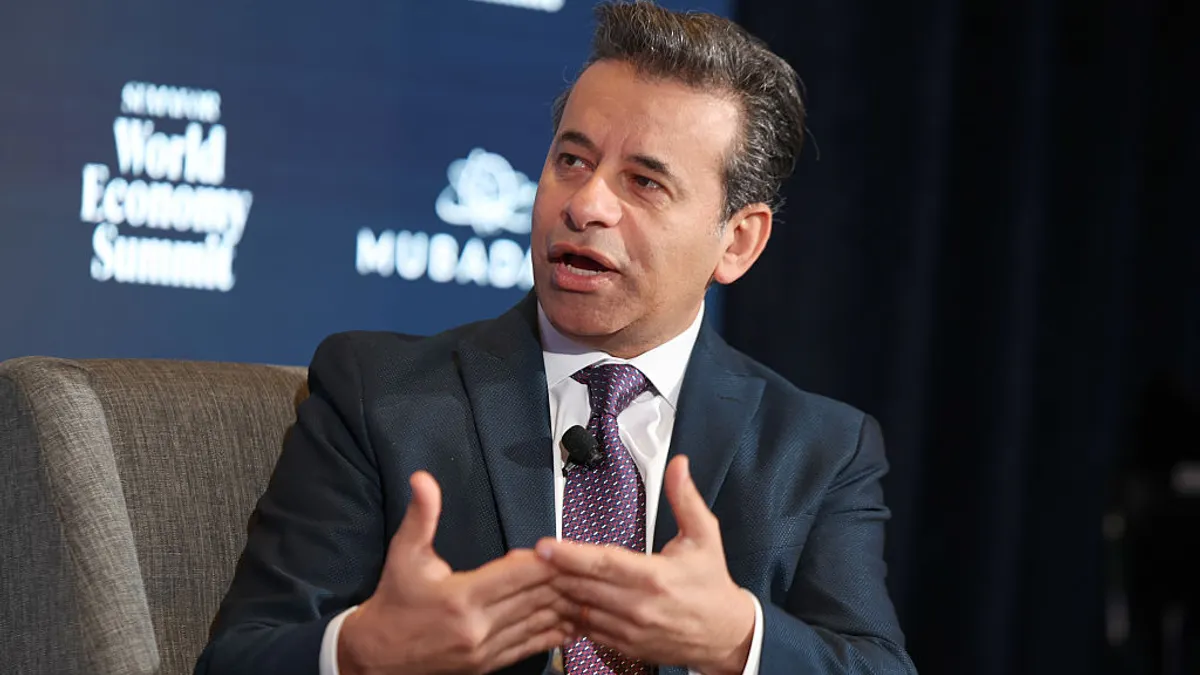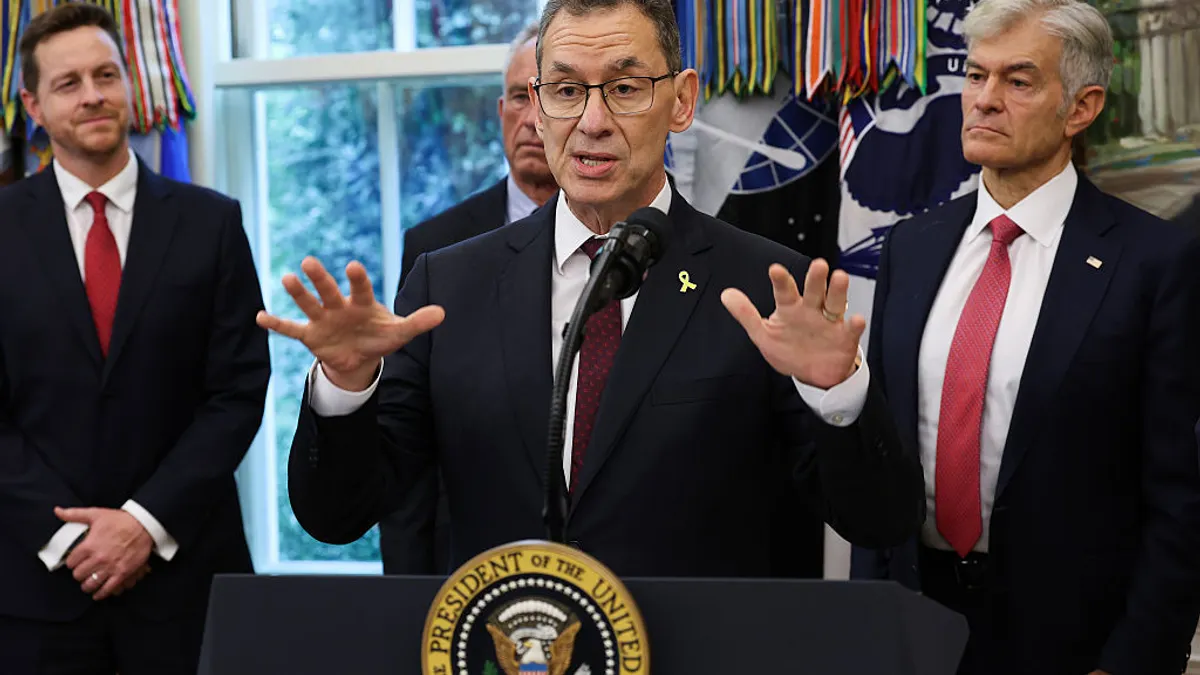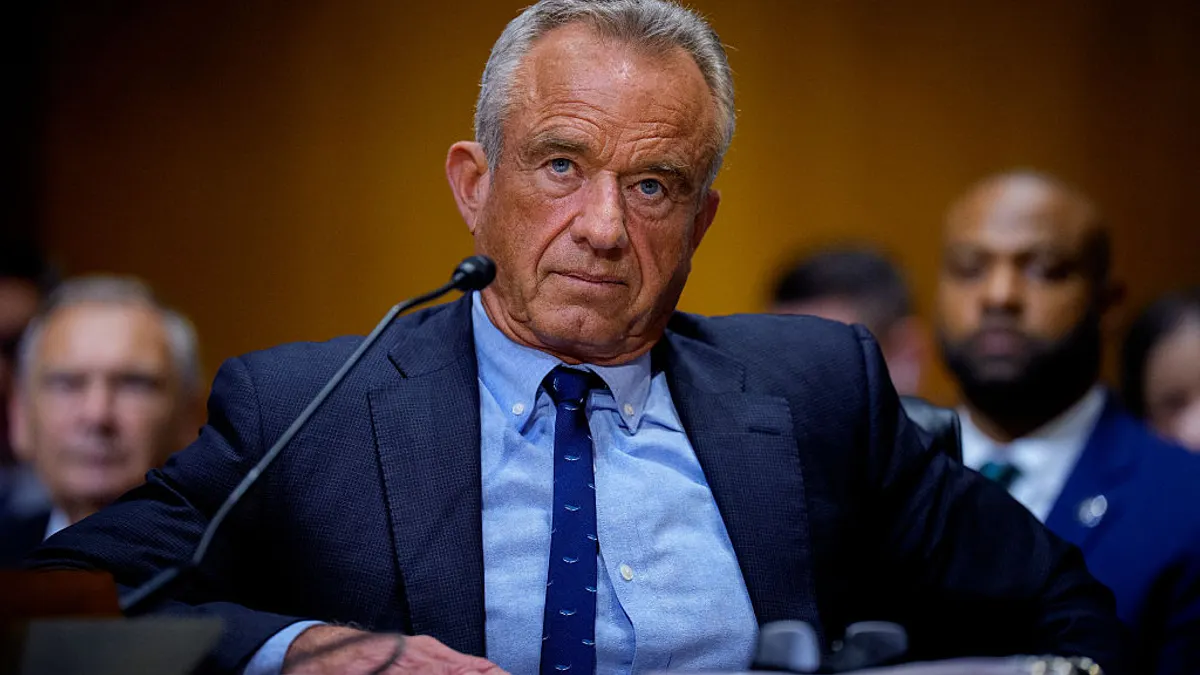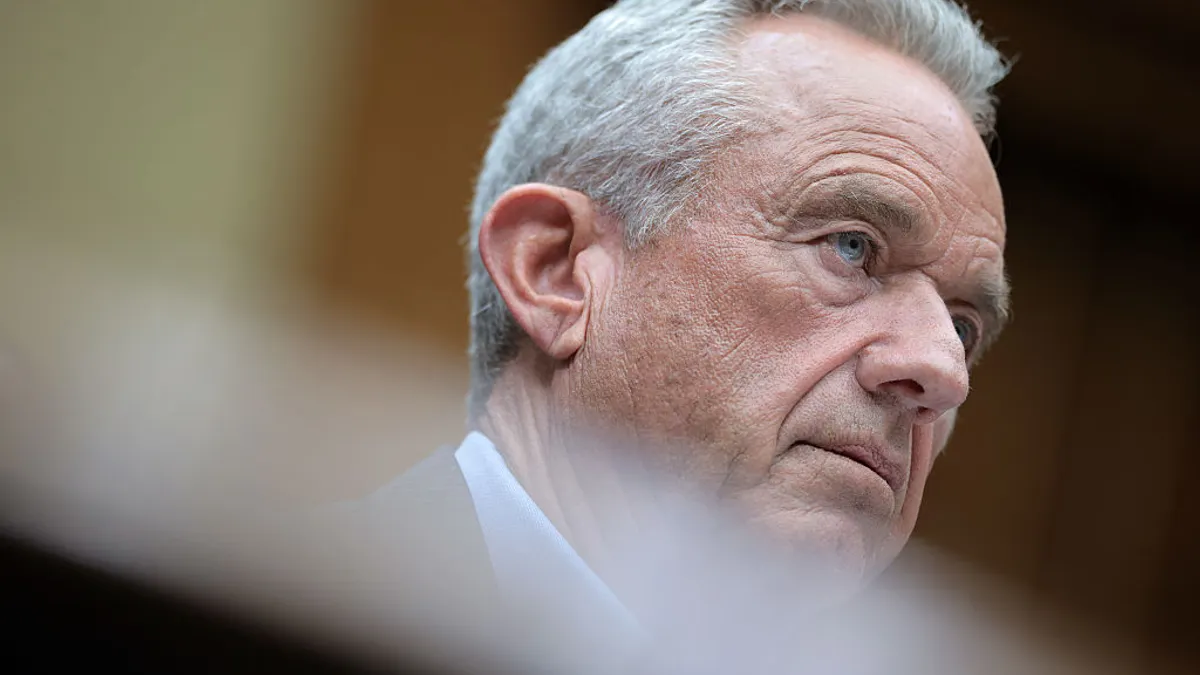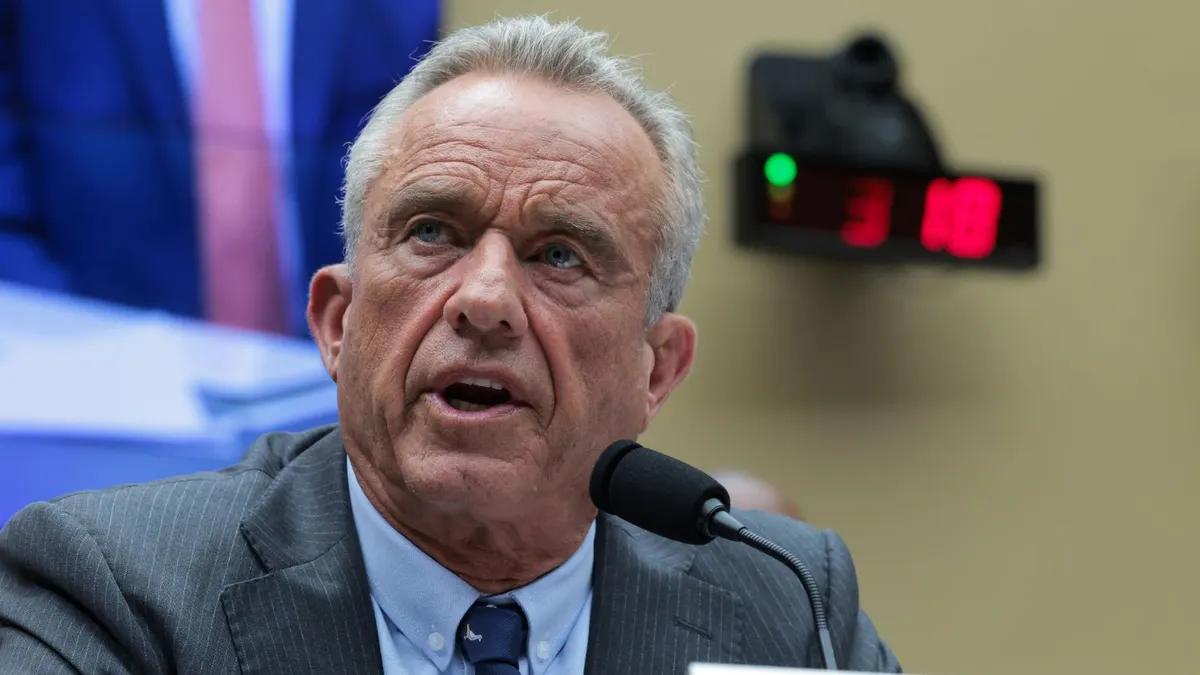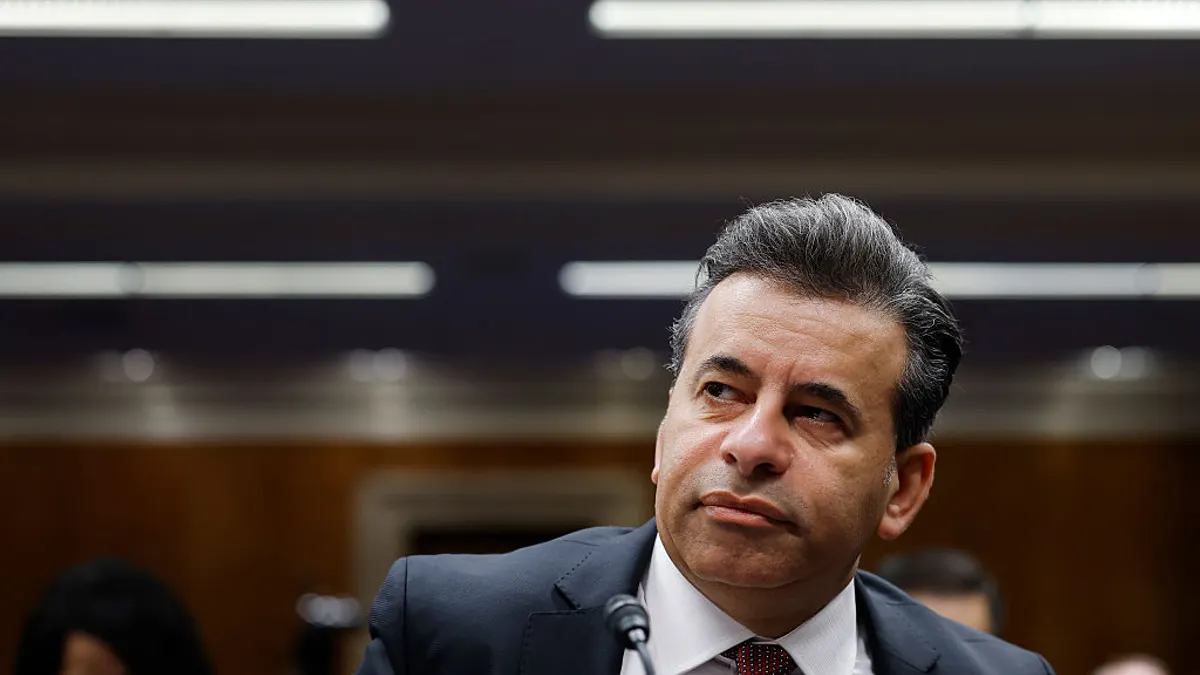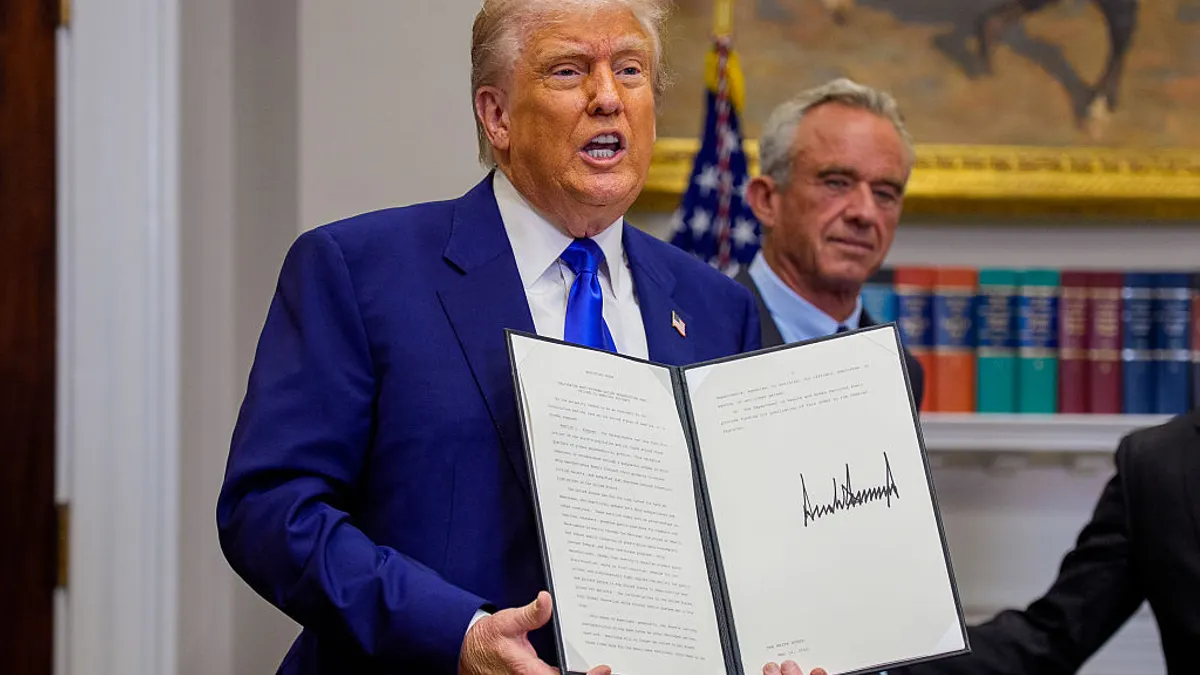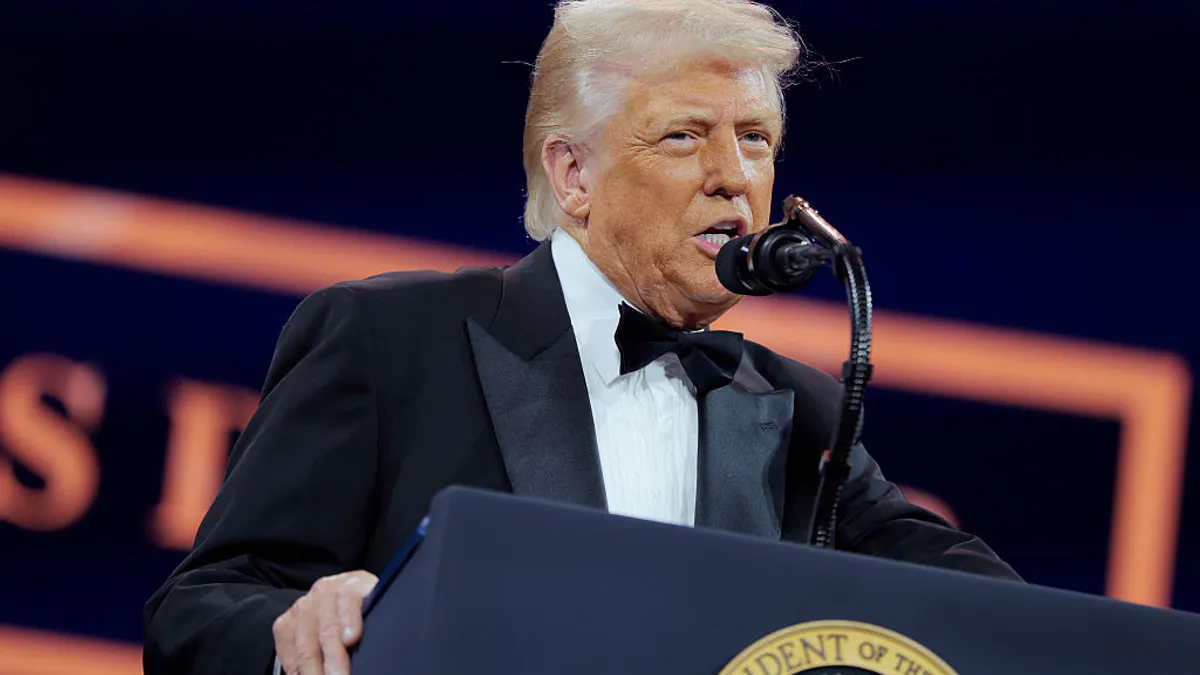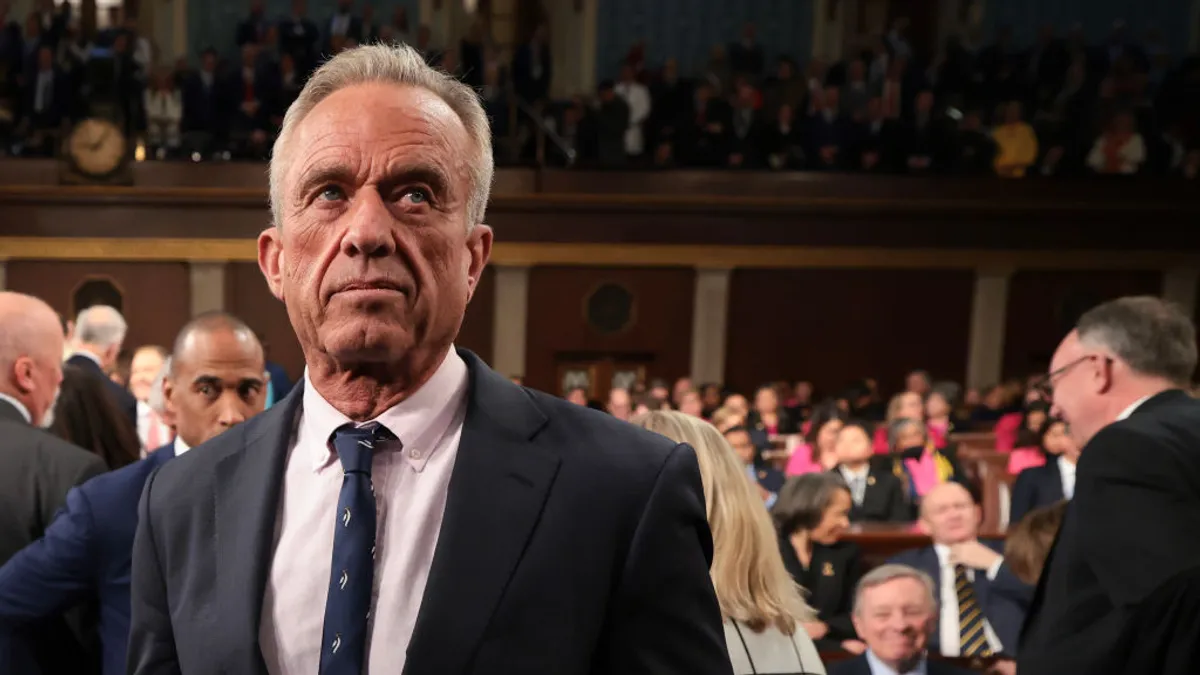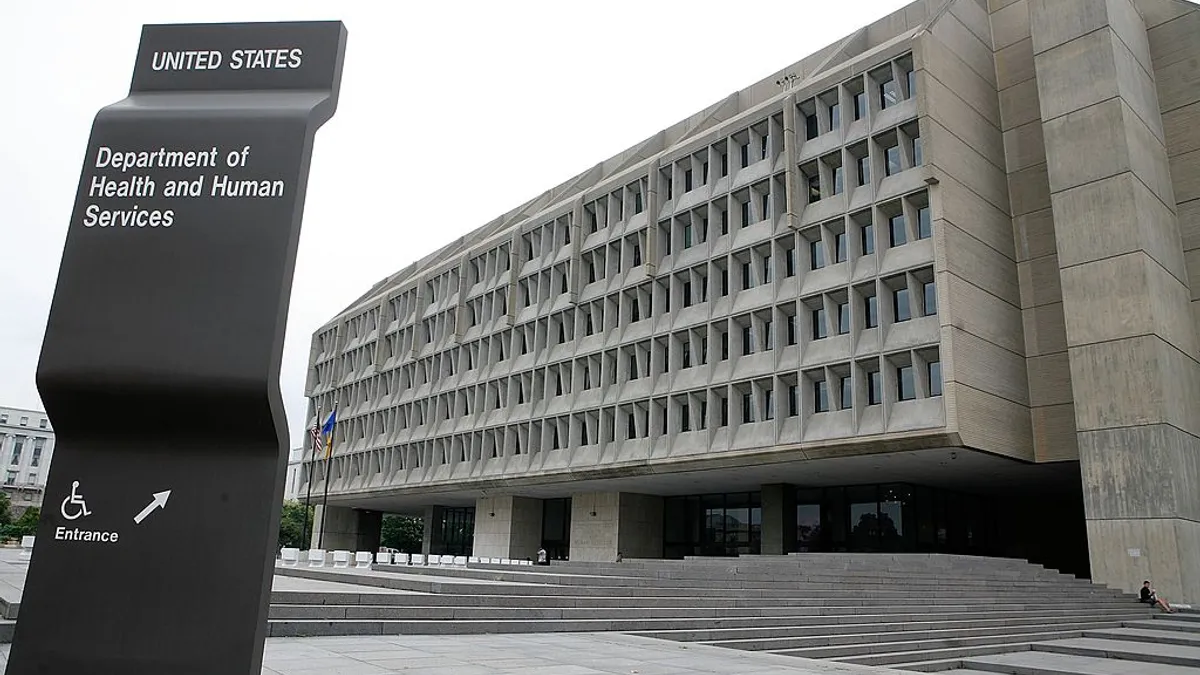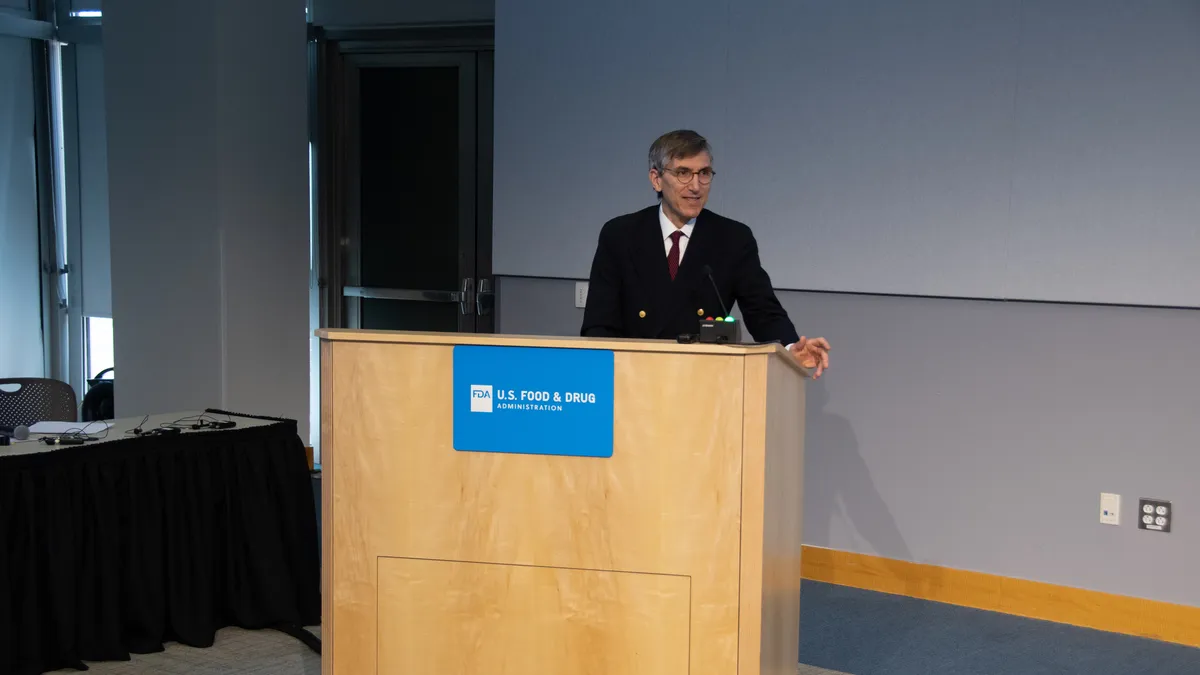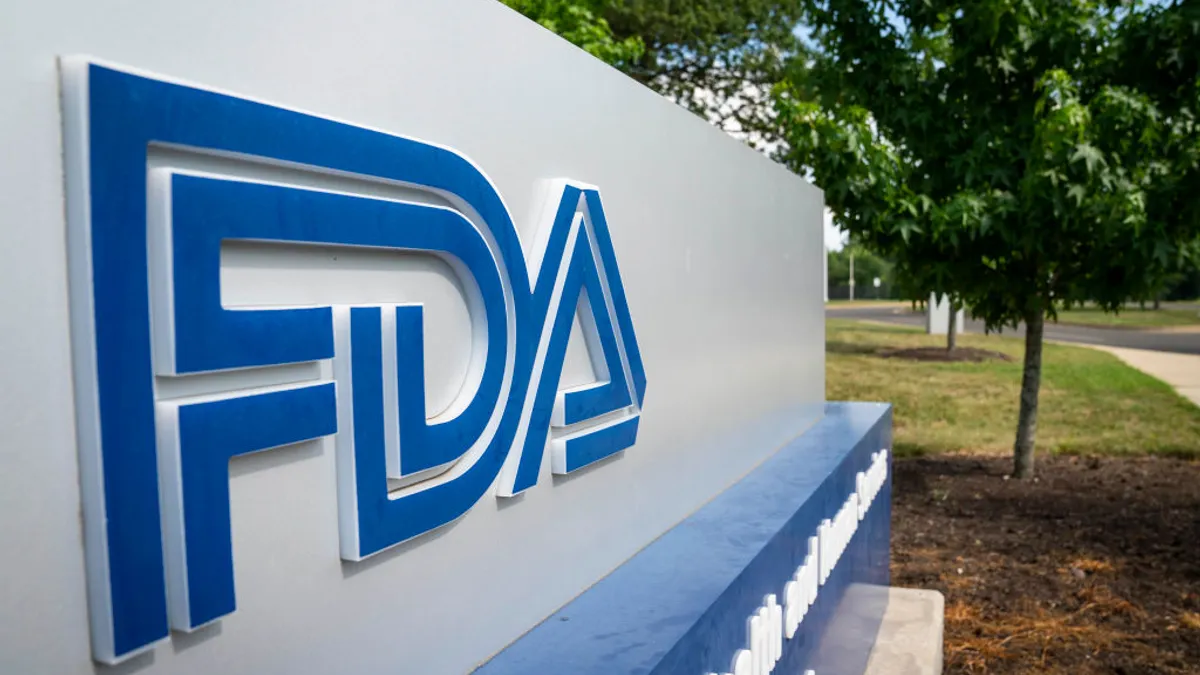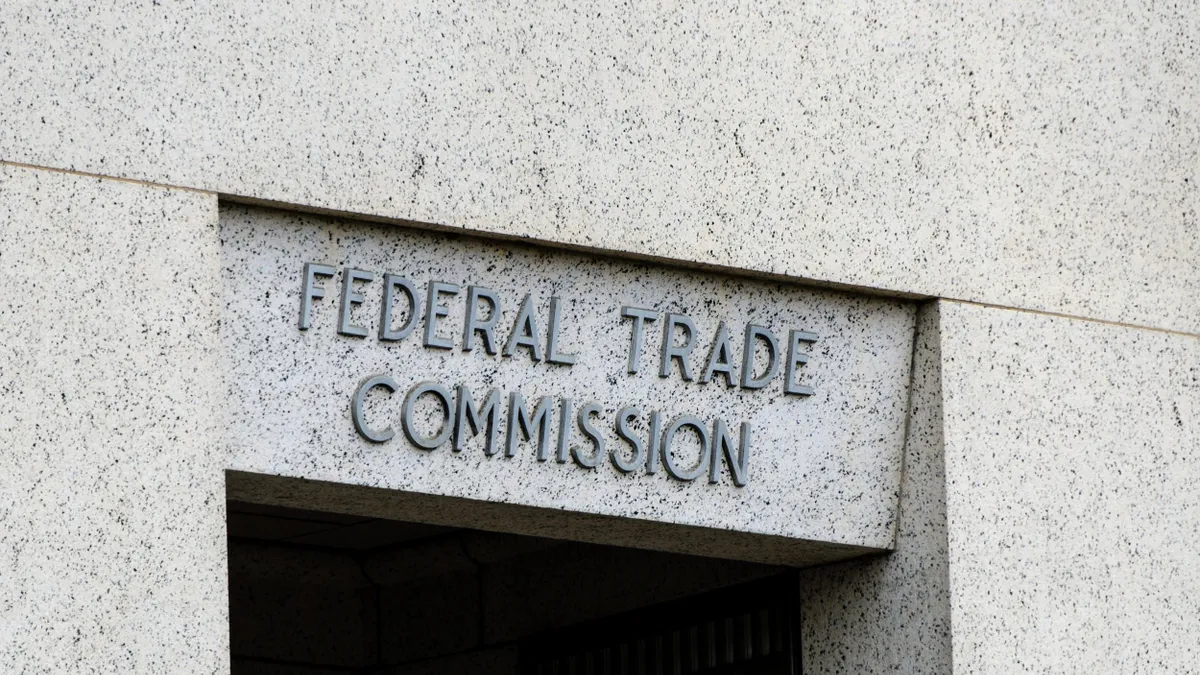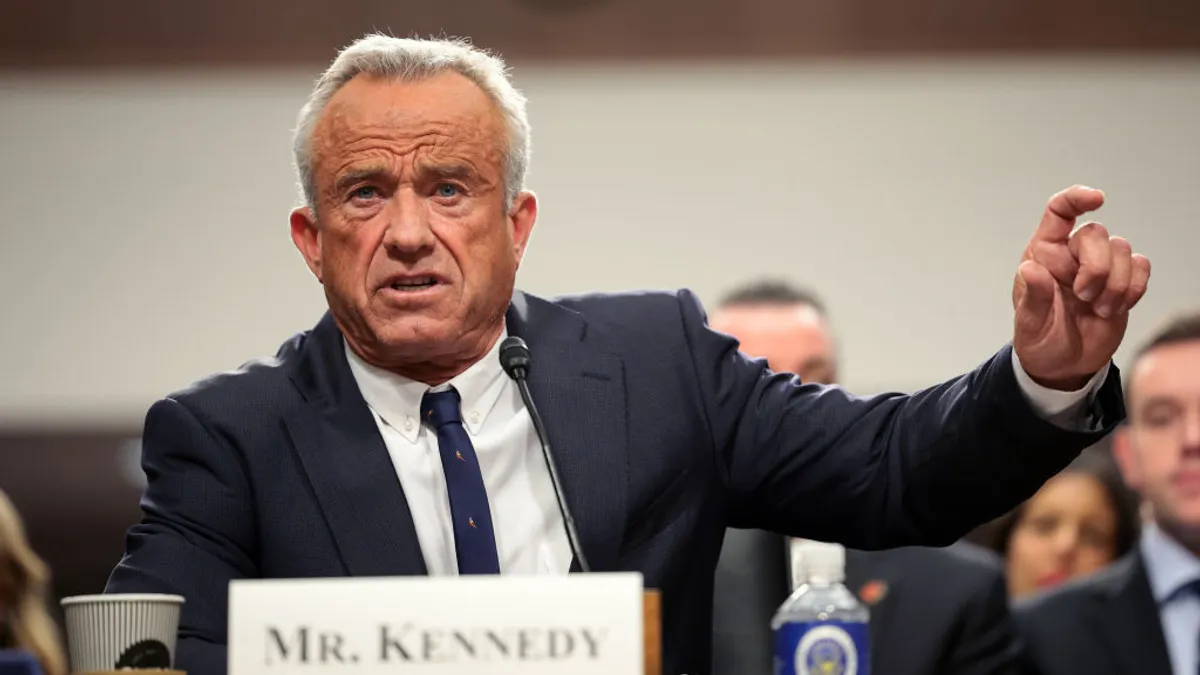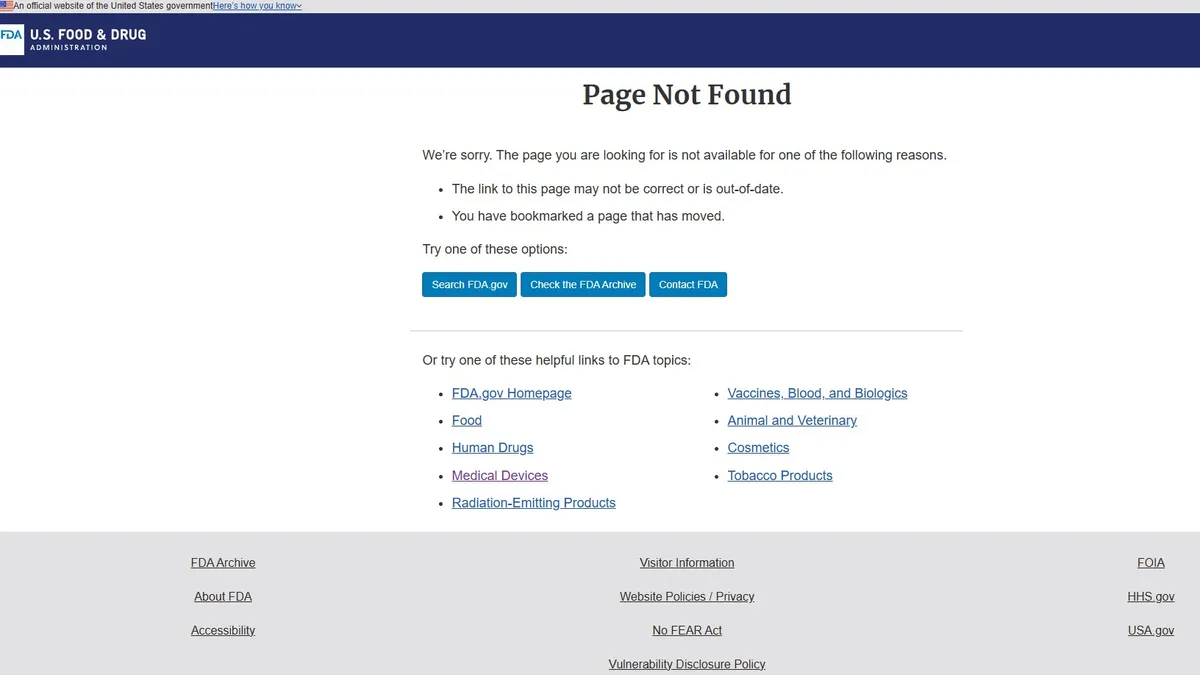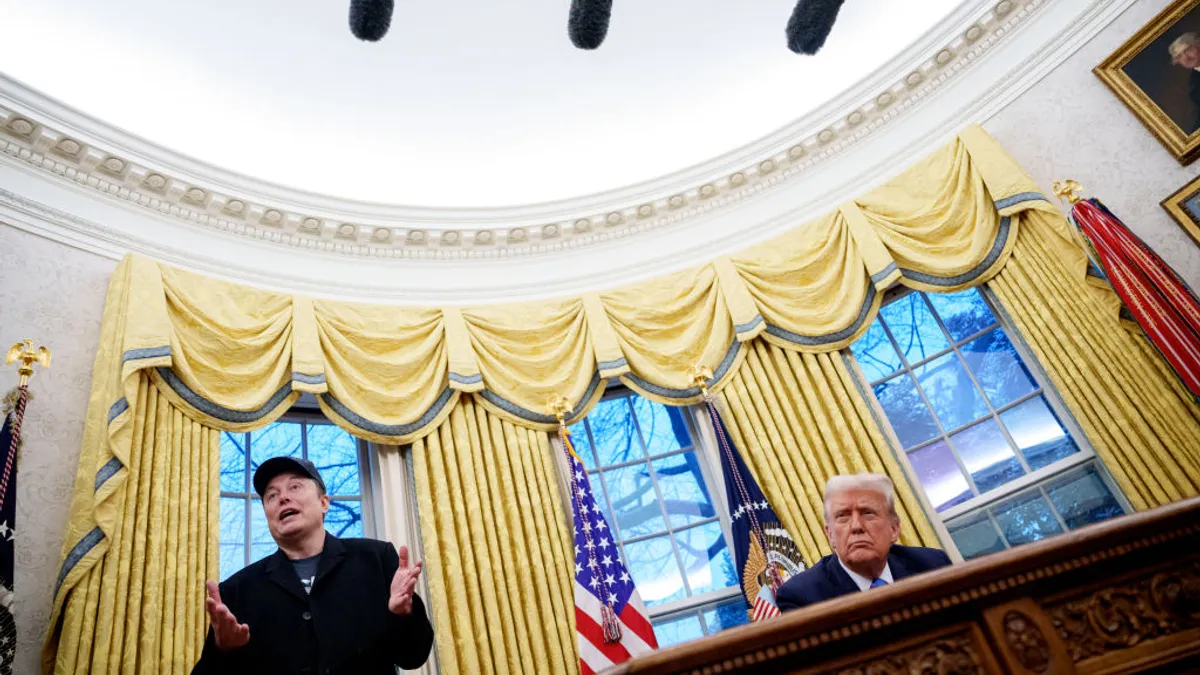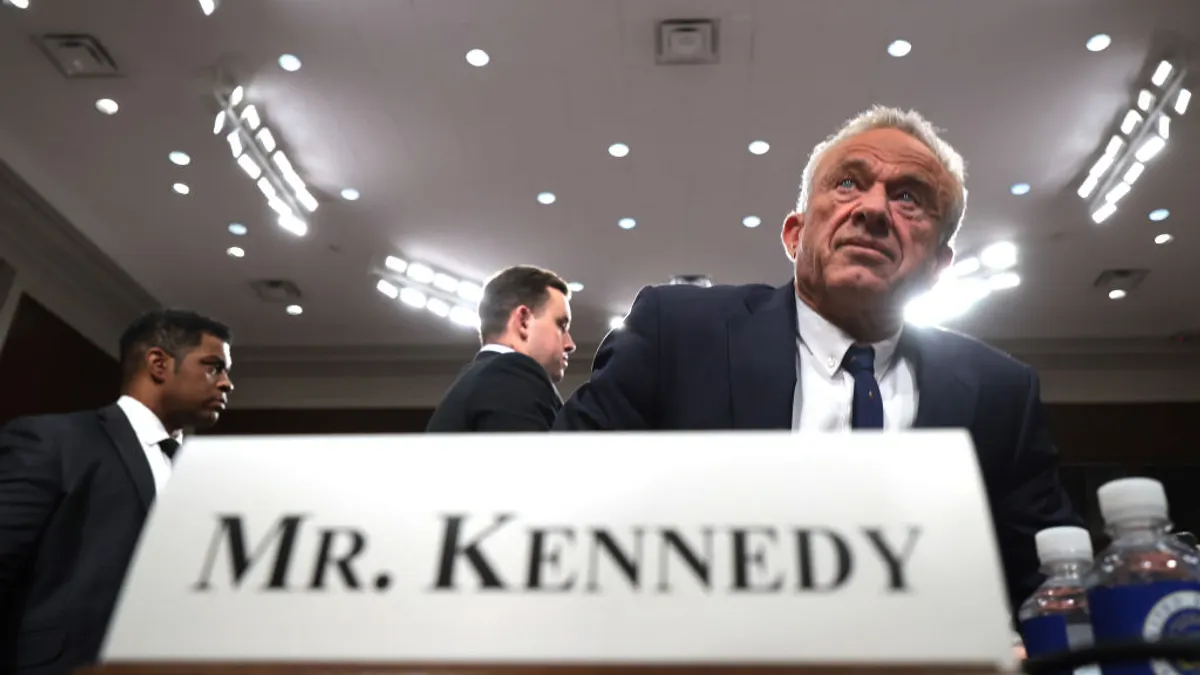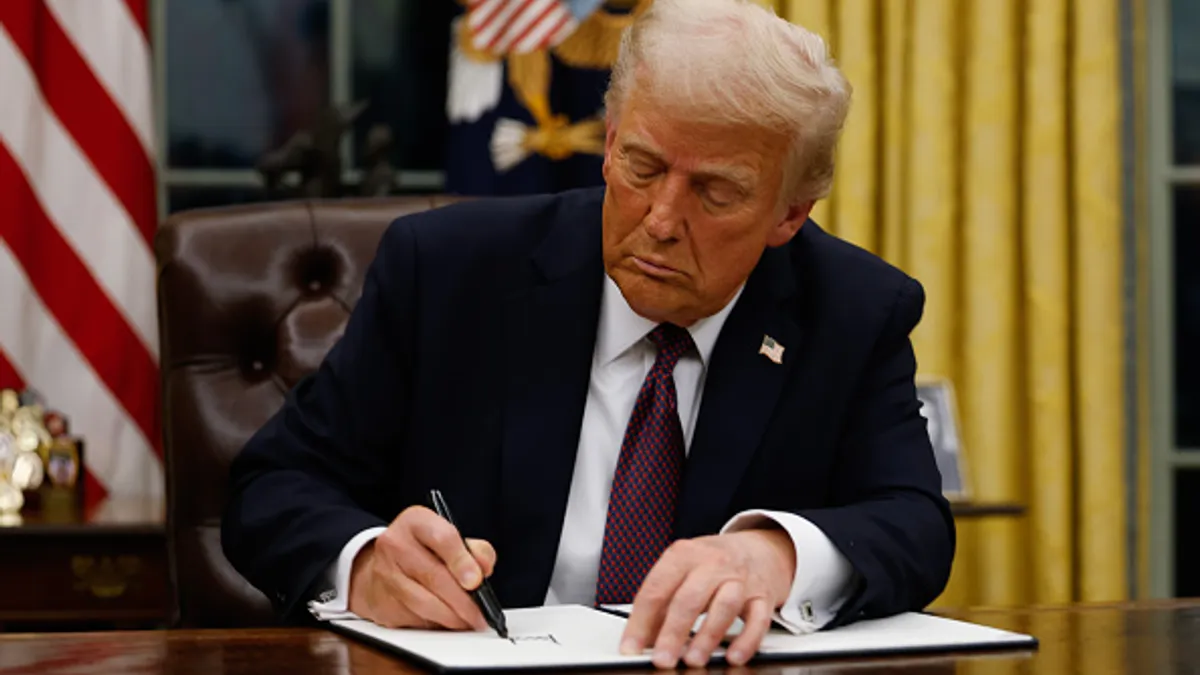Vinay Prasad will return to lead the Food and Drug Administration office that oversees vaccines and gene therapy in a stunning reversal that comes less than two weeks after he abruptly left the job.
Andrew Nixon, a spokesperson for the Department of Health and Human Services, confirmed Prasad’s return in an emailed statement Saturday. “At the FDA’s request, Dr. Vinay Prasad is resuming leadership of the Center of Biologics Evaluation and Research,” Nixon wrote.
The news was reported earlier by Endpoints News and Stat news.
Prasad’s return marks the latest dramatic twist in what's already been a tumultuous run leading CBER, which in addition to vaccines and some genetic medicines also reviews blood products.
Prasad was appointed by Commissioner Martin Makary to run CBER on May 6. A longtime critic of U.S. drug policies and prolific academic, he was described by Makary as bringing the “scientific rigor, independence and transparency” the office needed. Makary later named Prasad as the FDA’s chief medical and scientific officer, in addition to his role at CBER.
Prasad was skeptical of his predecessor Peter Marks, who led CBER for almost a decade before leaving in March following a dispute with HHS Secretary Robert F. Kennedy, Jr. Marks had overseen the review and approvals of COVID-19 vaccines as well as dozens of cell and gene therapies and, in doing so, had championed regulatory flexibility. Prasad condemned many of those decisions and, notably, castigated Marks for overruling other FDA staffers in clearing Sarepta Therapeutics’ Duchenne muscular dystrophy gene therapy Elevidys.
After joining the FDA, Prasad worked with Makary to establish stricter approval guidelines for COVID-19 vaccines and three times stepped in to override fellow agency reviewers in issuing slimmer-than-requested clearances for shots developed by Moderna and Novavax.
Prasad also attempted to ease concerns that CBER might be less flexible with him involved. But in July, the FDA rejected a Duchenne cell therapy from Capricor Therapeutics that Prasad reportedly scrutinized. Shortly thereafter, the agency got into an unusual public spat with Sarepta over Elevidys, during which the company on July 21 temporarily stopped shipping the therapy at the agency’s request.
Published reports had indicated that the company might need new safety data before the FDA would allow Elevidys back on the market. But in the following days, Prasad’s decisionmaking and political views were targeted by right-wing influencer Laura Loomer, other conservative commentators and op-eds published in the Wall Street Journal. The FDA then allowed Elevidys shipments to resume on July 28, and Prasad resigned a day later, with the HHS at the time saying he “did not want to be a distraction” to the FDA and wanted “to be with his family.”
Analysts had speculated that Prasad’s sudden departure might mean that political forces and patient pressure could be playing a larger role in agency decisionmaking than in the past. A published report from Politico also suggested Trump himself directed Prasad’s firing over the opposition of Makary and Kennedy.
Makary has since publicly campaigned for Prasad to return. Upon news of his rehiring Saturday, Loomer posted on the social media platform X that she’d be “ramping up my exposes of officials within HHS and FDA” in the coming weeks “so the American people can see more of the pay for play rot themselves and how rabid Trump haters continue to be hired in the Trump administration.”
Prasad’s rehiring “could reignite some volatility” for the cell and gene therapy fields, wrote William Blair analyst Sami Corwin. But given his departure may have been influenced by public backlash to the FDA’s confrontation with Sarepta, it’s possible “he may be less heavy-handed this time around” when reviewing rare disease therapies, she wrote in a Monday note to clients.
George Tidmarsh, who in July was named the head of the FDA’s other primary drug review office, has been serving as CBER’s acting director over the last week or so.
Editor’s note: This story has been updated with analyst commentary.








